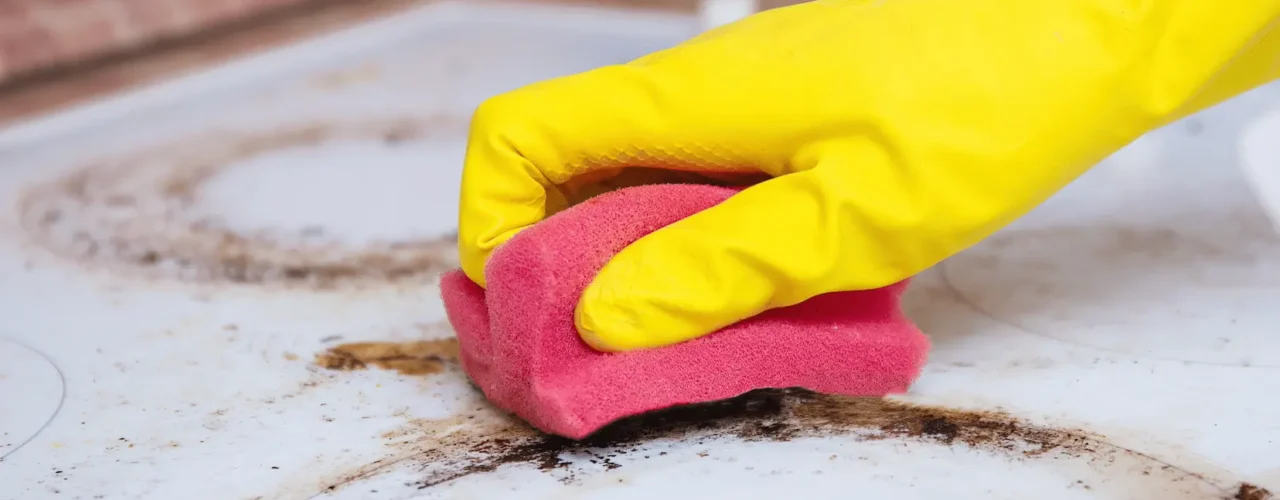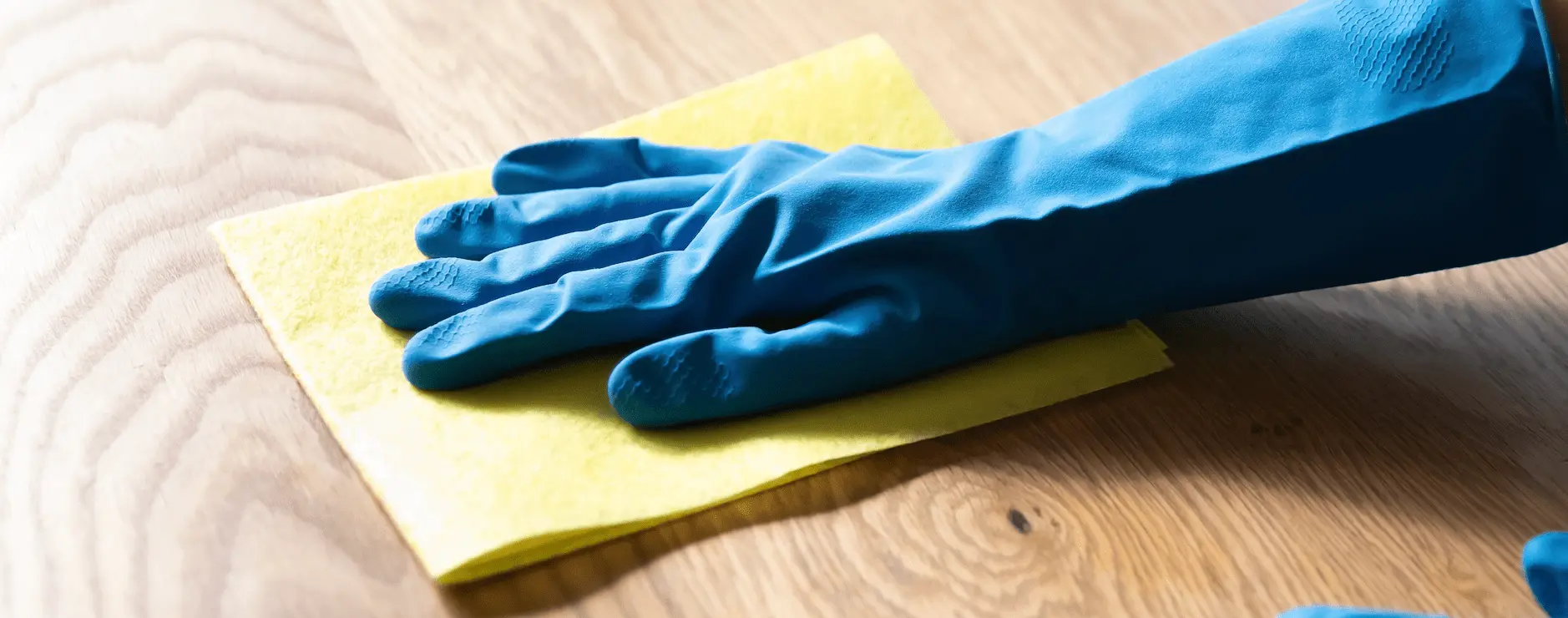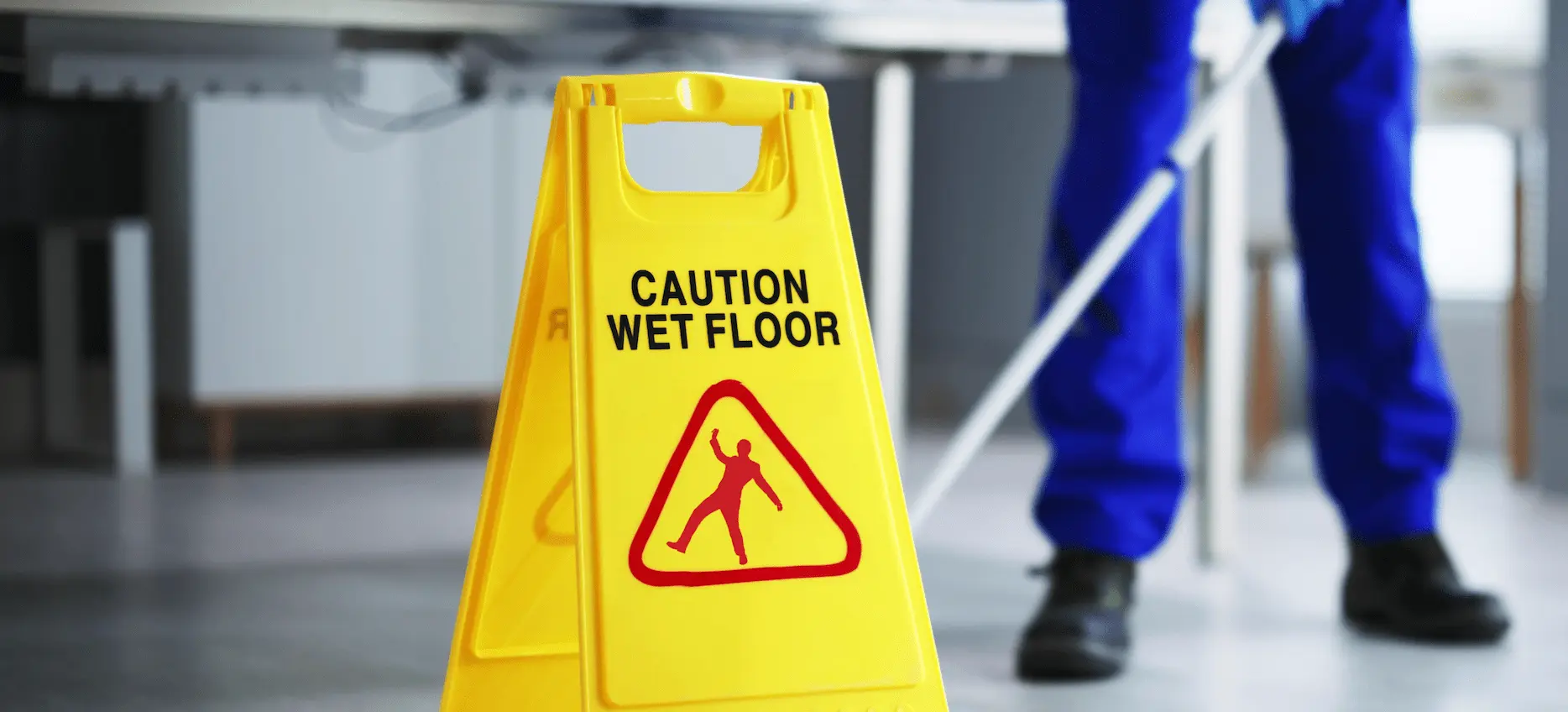
Tenant cleaning responsibilities
05-08-2025 | Property Maintenance & InteriorsAs a landlord, you must clarify the tenant’s cleaning responsibilities to avoid any problems during and at the end of the tenancy. It will also help create a positive relationship between the tenant and landlord as you can build trust together.
This comprehensive guide will explain the tenant’s responsibility for cleanliness during the tenancy and set out clear expectations regarding how they should leave the property when their tenancy ends.
We’ll also cover information on fair wear and tear and how to make tenant cleaning responsibilities clear in a tenancy agreement. The article will conclude with practical tips on handling disputes over cleaning with deposit deductions.
What are a tenant’s cleaning responsibilities during tenancy?
Tenants are generally expected to keep the property clean by vacuuming, dusting and wiping down surfaces. Tenants should not cause damage to the property and use the fixtures and fittings properly. For example, cleaning the sink regularly so the drain doesn’t block up.
If anything happens due to a lack of cleaning, for example, mould around the windows, tenants are responsible for informing the landlord as soon as possible. This allows the landlord to fulfil their responsibilities as quickly as possible to maintain fitness for habitation.

What are a tenant’s cleaning responsibilities at the end of the tenancy?
Tenants are responsible for ensuring the property is clean at the end of their tenancy. Generally speaking, they should leave the property in the same condition as they found it, accounting for fair wear and tear. This highlights the importance of an inventory list with pictures as proof of the property’s condition at the start of the tenancy.
Depending on whether the tenant has kept on top of it during the tenancy, they might need to do a complete clean to recover their entire deposit.
Tenants should also pay close attention to the tenancy agreement. If the tenancy agreement includes professional cleaning at the end of tenancy, then tenants are obliged to comply. However, if the tenancy agreement doesn’t specify professional cleaning, tenants can opt to do it themselves as long as they meet the agreed-upon standards.
Fair wear and tear
Fair wear and tear is damage you would expect during a tenancy. This includes worn carpets, faded curtains and minor scuffs on the wall. In other words, it’s unavoidable damage caused by everyday use.
Landlords must excuse fair wear and tear as it is not part of a tenant’s responsibility for cleanliness. Landlords cannot take money from the deposit to cover repairs or maintenance that falls under fair wear and tear.
Unfortunately, what’s deemed as fair wear and tear can be controversial. This is another reason why the inventory list is so important, as it can provide evidence to support your case. You should always create a detailed inventory list with pictures and written notes to show the property’s current state.
Landlords must update the inventory during property inspections to ensure evidence is current. Landlords should go through the inventory with the tenant before they move in. Both parties should sign the inventory to confirm they are happy with it.
Tenancy agreement
A tenancy agreement can reduce the chances of a dispute over a tenant’s responsibility for cleanliness. The tenancy agreement should outline all tenants’ obligations, including tenant cleaning responsibilities. The landlord and tenant should review the tenancy agreement regularly to check they are fulfilling their obligations.

How to handle a deposit dispute about a tenant’s cleaning responsibilities
Despite doing everything possible to make a tenant’s responsibility for cleanliness clear to all parties involved, disputes can happen. Unfortunately, a dispute about a tenant’s cleaning responsibilities is typically higher than other responsibilities due to its subjective nature. Cleaning issues are said to account for 39% of deposit disputes.
If the tenant has an issue with the deposit deduction, they have up to three months after the tenancy has ended to report the dispute to the Tenancy Deposit Scheme (TDS). The TDS will then reach out to the landlord.
Landlords should compile evidence of the tenant’s cleaning responsibility breach and submit it to the independent adjudicator, who will make a decision. Here are some practical tips for dealing with a tenant cleaning dispute:
- Create a detailed tenancy agreement
- Create a detailed inventory list
- Regularly update your inventory list
- Complete regular property inspections
- Record information and file it clearly
- Prepare evidence anyway. It will speed up the process
We have the expertise to find the best landlord insurance deals that are suitable for your needs as a landlord. Contact us today at 01788 818 670 for a quote, and don’t forget to visit our resource centre for more information on how to be a successful landlord.
We won't be beaten on any like for like landlord insurance quote.
Get a quote